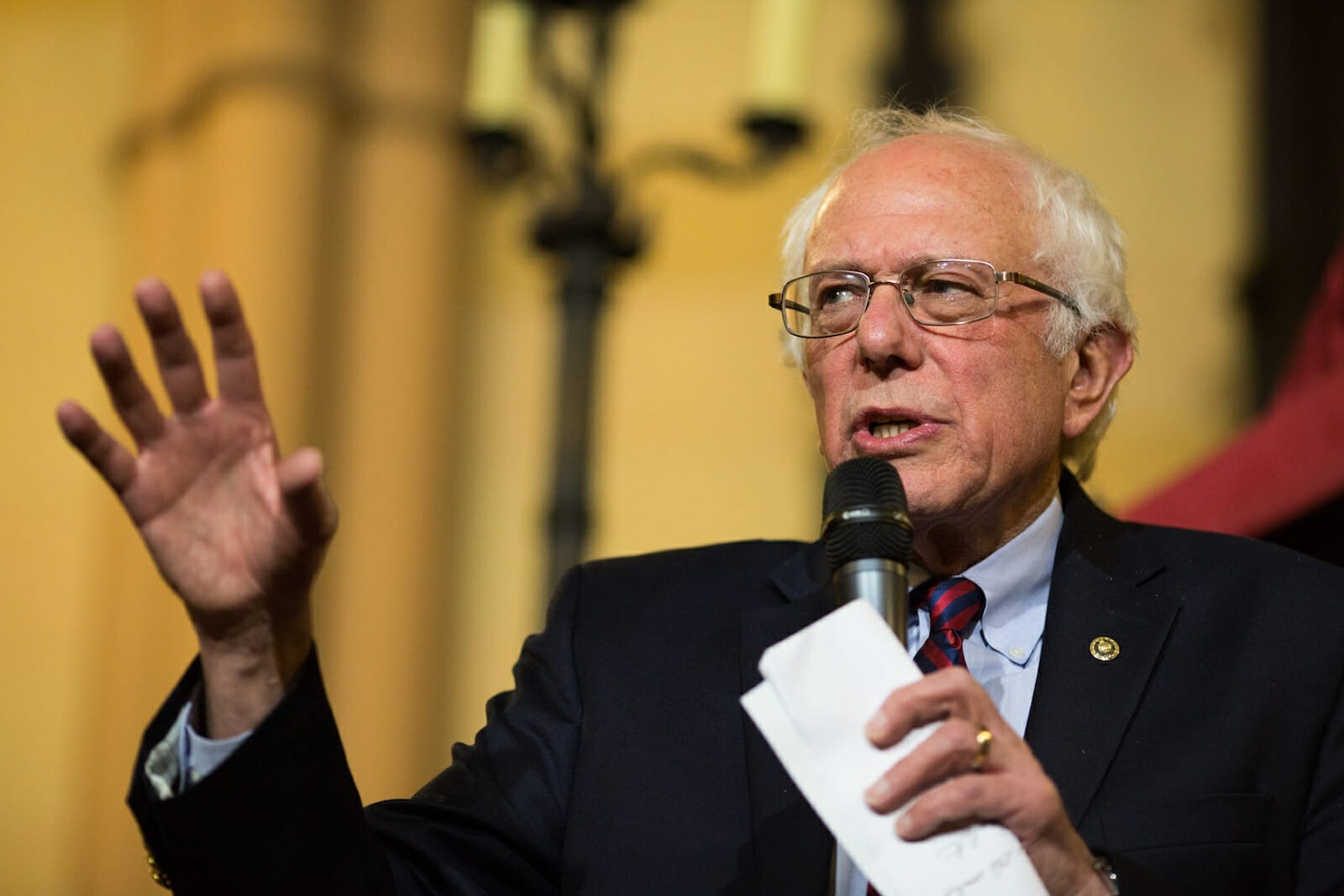
Politics
Left and Right Assails Free Trade
The presidential candidates Bernie Sanders and Donald Trump seem to have little in common in terms of their beliefs, ideas and policy notions. Yet, both take a critical stance towards previous trade agreements and current trade negotiations such as the Transpacific Partnership (TPP).
Even if a side factor, condemnation of trade agreements can explain their popularity on the left and right respectively. Critical views on trade liberalization have always been more or less anchored in the ideological leftist view and have grown over the last decades in the United States, since the negotiations over the North American Free Trade Agreement (NAFTA), which was opposed by the green movement and trade unions.
In contrast, the broad significant opposition against free trade agreements on the right has mainly developed over the last years. However, both candidates and their affiliated voters and interest groups often do not entirely oppose free trade. Trade agreements as negotiated now are seen as damaging for the United States and many European countries as well. Critiques from the left and right against trade agreements has grown with the rise of populism over the last years.
While a growing number of voters on the left and right in the United States and many European countries condemn trade agreements, they, however, emphasize different reasons why trade agreements are bad and blame different actors. The cause for this difference can be tracked back to the theoretical origins of the leftist and rightist view on foreign trade. On the left wing, the ideological view and arguments regarding free trade often reflect aspects of Marxist theories (not meant as a derogatory expression).
According to these views, unfettered trade agreements cause a rising inequality at the expense of the working middle class and the poor. Hence, trade agreements are seen as policies that favor the capitalist or business elite and intensify the exploitation of the working middle class. In his campaign Bernie Sanders highlights that multinational corporations helped to write US trade agreements and have profited from these deals while millions of American jobs have been lost.
On the right, the shrinking of the working middle class is also seen inter alia as a result of the trade agreements. Yet, the reasoning for this correlation is inspired by mercantilist ideas, according to which free trade is a zero sum game between nations. Thus, the welfare loss by one country is the gain by another.
Donald Trump’s campaign reflects this argument by emphasizing that the huge US trade deficits with its trading partners, especially Mexico and China, caused by trade agreements and currency manipulations, led to the welfare loss of the US middle class. This welfare loss, however, is not the fault of US business, but of former US administrations. The trade agreements were simply badly negotiated, according to Trump. Because the mercantilist perspective is highly connected to nationalism, it might also help to better understand the xenophobic aspects on the right.
Even if Sanders and Trump do not entirely oppose free trade, their reasoning is inspired by theoretical perspectives that see free trade not as a positive sum game from which all can benefit, but rather a zero sum game and, thus, causes redistribution. Therefore, they provide different explanations for the same trends: the shrinking of the working middle class and growing inequality of income. These developments do not only lead to increasing pressure and opposition against trade agreements, but also question the output legitimacy of democracy. The critiques against trade agreements, thereby, go hand in hand with a growing displeasure about the performance of the establishment in democracies to achieve increasing prosperity for large parts of a society and help to explain the rising left and right populism in the United States and many European countries

